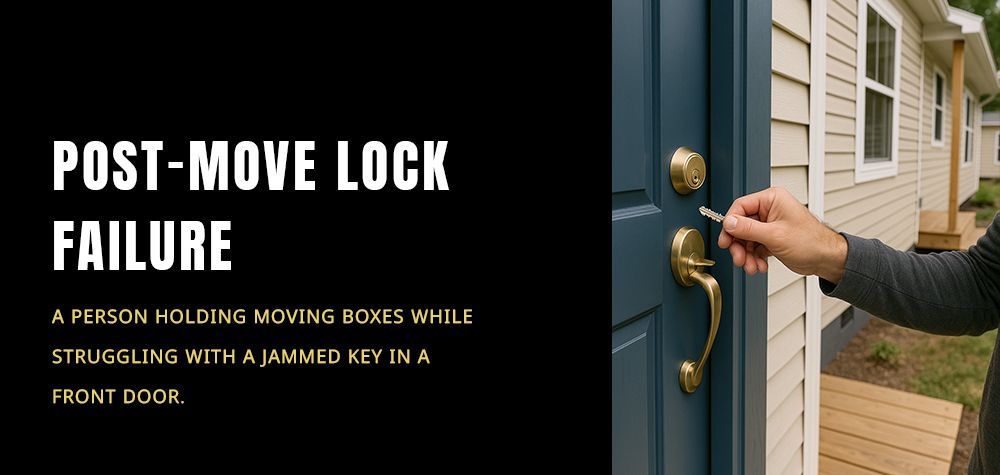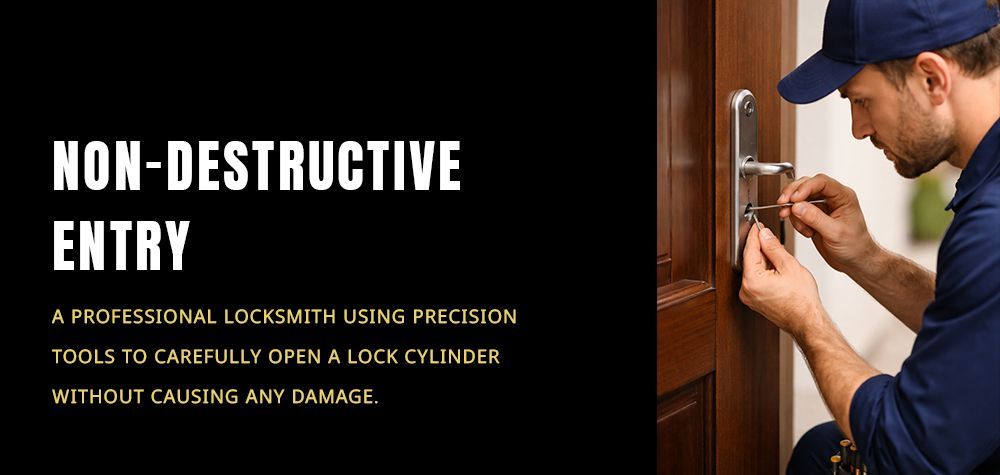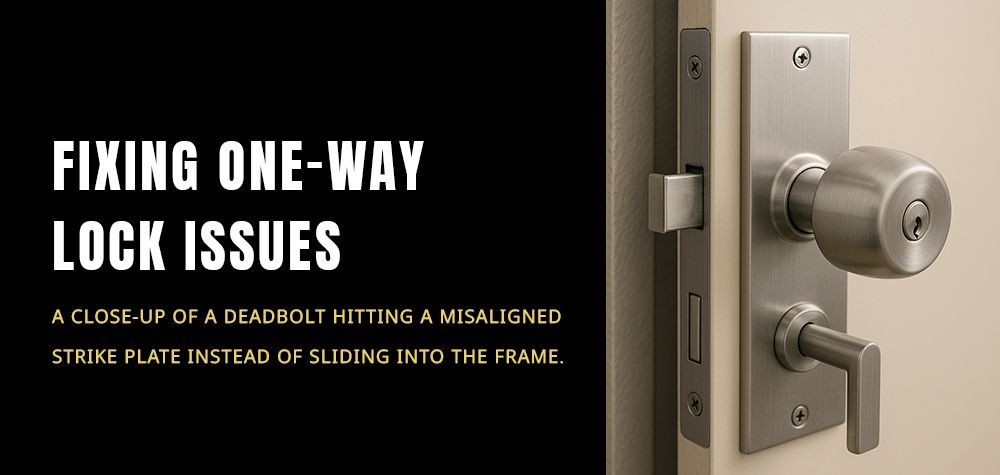How Locksmiths Make Keys
Have you ever lost your house key or needed a duplicate for a family member? If so, you've likely visited a locksmith. But have you ever wondered how locksmiths actually make keys? It might seem like magic, but in reality, it's a meticulous process that combines precision, technical expertise, and years of experience. Locksmiths don’t just cut metal; they create access, security, and peace of mind. Let’s dive into the fascinating world of key making and uncover the techniques used by professional locksmiths to craft keys with precision.
Why Should Every Car Owner Have a Spare Key?
Understanding the Basics of Key Making
Key making is more than just copying an existing key. Locksmiths can create keys from scratch, even without an original copy. They use specialized tools and techniques to cut and shape keys that fit locks perfectly. The process involves understanding different types of locks, key blanks, and cutting methods.
There are several scenarios where a locksmith might need to make a key, including:
- Duplicating an existing key
- Creating a key when the original is lost
- Cutting a key to match a lock
- Crafting a master key for multiple locks
Each of these scenarios requires different approaches, tools, and levels of expertise.
Step-by-Step Process of Key Duplication
When you walk into a locksmith’s shop with an existing key and request a duplicate, here’s what happens:
- Selecting the Right Key Blank: Every key has a unique shape, and locksmiths have a variety of key blanks in stock. They choose the one that matches the original key’s profile.
- Aligning the Original Key and Blank: The locksmith places the original key and the blank into a key duplicating machine. This machine ensures that the new key is cut precisely like the original.
- Cutting the Key: Using a spinning wheel or laser cutter, the machine carves out the grooves and notches in the blank, replicating the pattern of the original key.
- Smoothing the Edges: After cutting, the new key often has sharp edges. Locksmiths use a wire brush or file to smooth out any rough areas, ensuring the key slides into the lock seamlessly.
- Testing the New Key: Before handing it over, the locksmith tests the key in the lock to confirm it works perfectly.
Making a Key Without an Original Copy
What if you don’t have a spare key for reference? Skilled locksmiths can still make a new one using several methods:
1. Impressioning Technique
Impressioning is an age-old method where locksmiths create a key by making precise marks based on how the lock’s internal pins interact with a blank key.
- A blank key is inserted into the lock and turned with slight pressure.
- The locksmith removes the key and examines the marks made by the pins.
- They file the key at the marked points and repeat the process until the key fits perfectly.
2. Cutting a Key by Code
Many locks come with a key code that locksmiths can use to create a key.
- The code is entered into a key-cutting machine, which follows pre-set measurements to carve out the correct pattern.
- This method is common for vehicle keys and high-security locks.
3. Disassembling the Lock
For high-security locks, locksmiths may need to disassemble the lock cylinder to determine the correct pin placement.
- They use specialized tools to remove the cylinder and analyze the pin arrangement.
- The locksmith then cuts a key based on the measurements of the pins.
Risks and Challenges in Key Making
Key making is not without its challenges. Some common issues locksmiths face include:
- Worn-out Locks: If a lock is old or damaged, making a key that fits perfectly can be difficult.
- High-Security Keys: Some modern locks use patented key designs that require special authorization to duplicate.
- Misaligned Cuts: Even a tiny error in cutting can result in a non-functional key.
Professional locksmiths overcome these challenges by using advanced key-cutting machines, training extensively, and employing precision techniques.
Expert Recommendations for Key Maintenance
To ensure your keys and locks function smoothly, follow these tips:
- Make duplicates before losing the original key: Always have a spare key made to avoid emergency situations.
- Lubricate locks regularly: Using graphite powder or silicone-based lubricants can prevent keys from getting stuck.
- Store spare keys safely: Avoid hiding spare keys in obvious places like under doormats. Consider giving one to a trusted friend or using a secure key lockbox.
- Upgrade to high-security keys: If security is a concern, opt for high-security locks with restricted key duplication.
Conclusion:
Locksmiths play a crucial role in maintaining security, and their ability to craft keys from scratch is nothing short of remarkable. Whether it’s duplicating a key in minutes or meticulously crafting one from a worn-out lock, their skills ensure that homes, businesses, and vehicles remain secure. Understanding the process of key making not only demystifies the work locksmiths do but also highlights the importance of skilled craftsmanship in our everyday lives.
So, the next time you get a key made, take a moment to appreciate the precision and expertise that goes into it. After all, a good locksmith doesn’t just cut metal—they create peace of mind.
Call Us Any Time!









